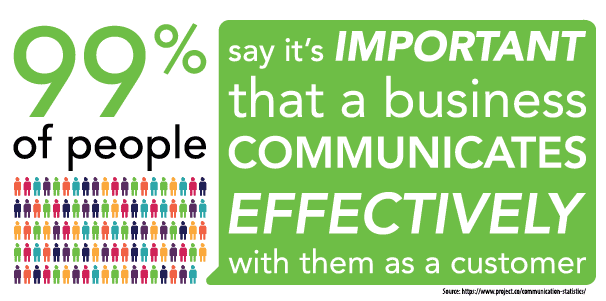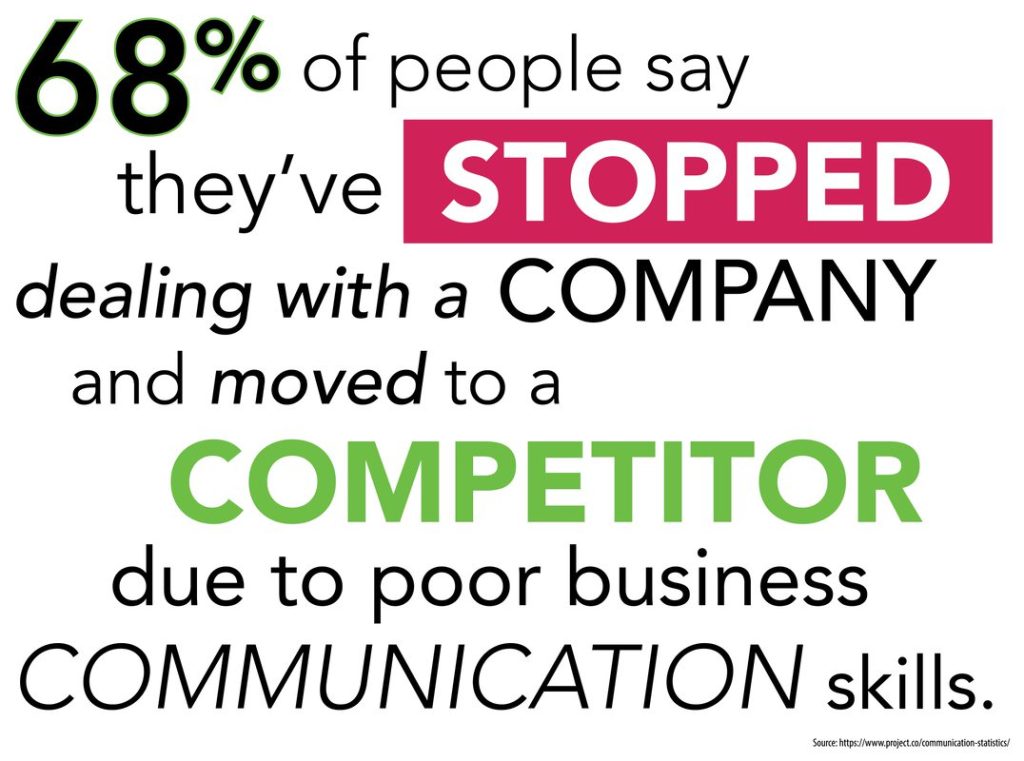
Effective communication skills are crucial for success in both personal and professional settings. To communicate effectively, one must convey their thoughts and ideas clearly, listen actively, and understand and interpret the communication of others. While some may naturally possess these skills, they can also be developed and improved through training and practice.
In this blog post, we will explore the importance of communication skills, common barriers, and communication skills training and development. Stay tuned for Part 2 next week, where we will discuss the benefits of communication skills and offer some tips of our top tips for improving communication skills.
Importance of Communication Skills
Excellent communication skills are essential for a wide range of activities and settings, including:
- Building and maintaining relationships: The ability to communicate effectively can help build rapport and trust with others, leading to an increase in positive and productive relationships.
- Resolving conflicts: Communicating in a productive way can help resolve conflicts and to find beneficial solutions.
- Leadership: Effective communication is a key component of leadership, as it enables leaders to clearly convey their vision, delegate tasks, and motivate their teams.
- Teamwork: Clear and concise communication is necessary for effective teamwork, as it eliminates mistakes made by misunderstanding team members and promotes collaboration and coordination.
- Negotiation: The ability to clearly articulate your needs and understand the needs of others is crucial for successful negotiation.
- Public speaking: Public speaking is a valuable aspect of communication; the ability to deliver clear and engaging presentations is critical in a professional setting.

Common Barriers to Effective Communication
Despite the importance of communication there are several barriers that can hinder effective communication. Common barriers include:
- Language differences: When individuals do not speak the same language, communication can be difficult or impossible. The level of language and the elimination of proverbs and cliches becomes a requirement.
- Physical barriers: Body language is a large part of communication and can help with clarity. Physical barriers such as distance, noise, or lack of visual contact can make communication more challenging. Utilizing technology such as Zoom, Teams, or even Facetime can promote better communication.
- Cultural differences: Cultural backgrounds can lead to misunderstandings and miscommunication. Diverse cultural norms, values, and expectations can drive mistrust, at best and conflict at worst.
- Emotional barriers: Emotions such as anger, fear, or anxiety can distract from effective communication, leading again, to misunderstandings or a breakdown in communication altogether. Becoming aware of these barriers may require allowances for frequent breaks or a complete rescheduling of the exchange.
- Lack of attention: When individuals are not actively listening, misunderstandings are more likely to occur. This can also be a sign of disrespect to the team members, the work, and your team’s time.

Communication skills training and development
There are several ways in which individuals and organizations can invest in communication skills training and development. Some options include:
- Courses and workshops: There are a wide variety of courses and workshops available that focus on specific aspects of communication, such as public speaking, conflict resolution, or intercultural communication. These can be a wonderful way to develop new skills and techniques in a structured environment.
- Coaching and mentorship: Working with a coach or mentor that can provide personalized feedback and guidance to help you improve is key. This method also has the benefit of being focused on you and your own challenges.
- Practice: The best way to improve any skill is through practice. Opportunities to practice communication skills can be found in everyday life through discussions with friends and family, participation in group projects, or volunteering to lead meetings or presentations. With success in this area, further opportunities tend to present themselves.
- Reading and learning: There are a great many books, articles, and online resources available that offer tips and strategies for improving communication skills. Taking the time to learn varied approaches and techniques is valuable investment in your yourself.
Effective communication skills are essential for success in both personal and professional settings. While some come by these skills naturally, these skills can be developed and improved through training and practice. By investing in your communications development, you will benefit from improved relationships, increased teamwork and collaboration, and successful negotiations.
Be sure to come back next week for Part 2!
Liked this article?
We are adding more useful articles to our blog every week! Join our subscribers to stay up to date on digital security, marketing, and social media trends.
By entering your email, you agree to receive our monthly newsletter. You can unsubscribe at any time!


